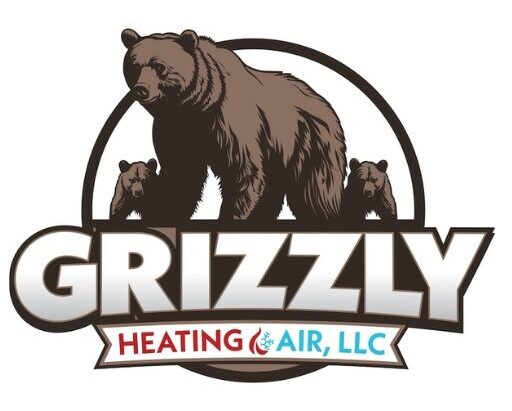There are a lot of reasons why your air conditioning system might freeze up, and all of them require help from a professional technician to resolve, as only they have the training and correct tools to fix the problem.
Ironically, low refrigerant can cause your system to freeze up. Over time, wear and tear to your system can result in leaks that cause the system to lose refrigerant. When your unit loses refrigerant, it causes the system to freeze up because of low pressure inside the system.
When freon levels are low, the refrigerant still is forced to expand to the same amount. The more that expansion occurs, the cooler the temperature is produced. The colder temperature will cause moisture in the air around your unit’s evaporator coil to freeze, eventually icing up the coil and impeding its function.
Dirty evaporator coils can cause units to lose airflow and, eventually, cause the system to freeze up. Defective blower motors can also cause freezing.

